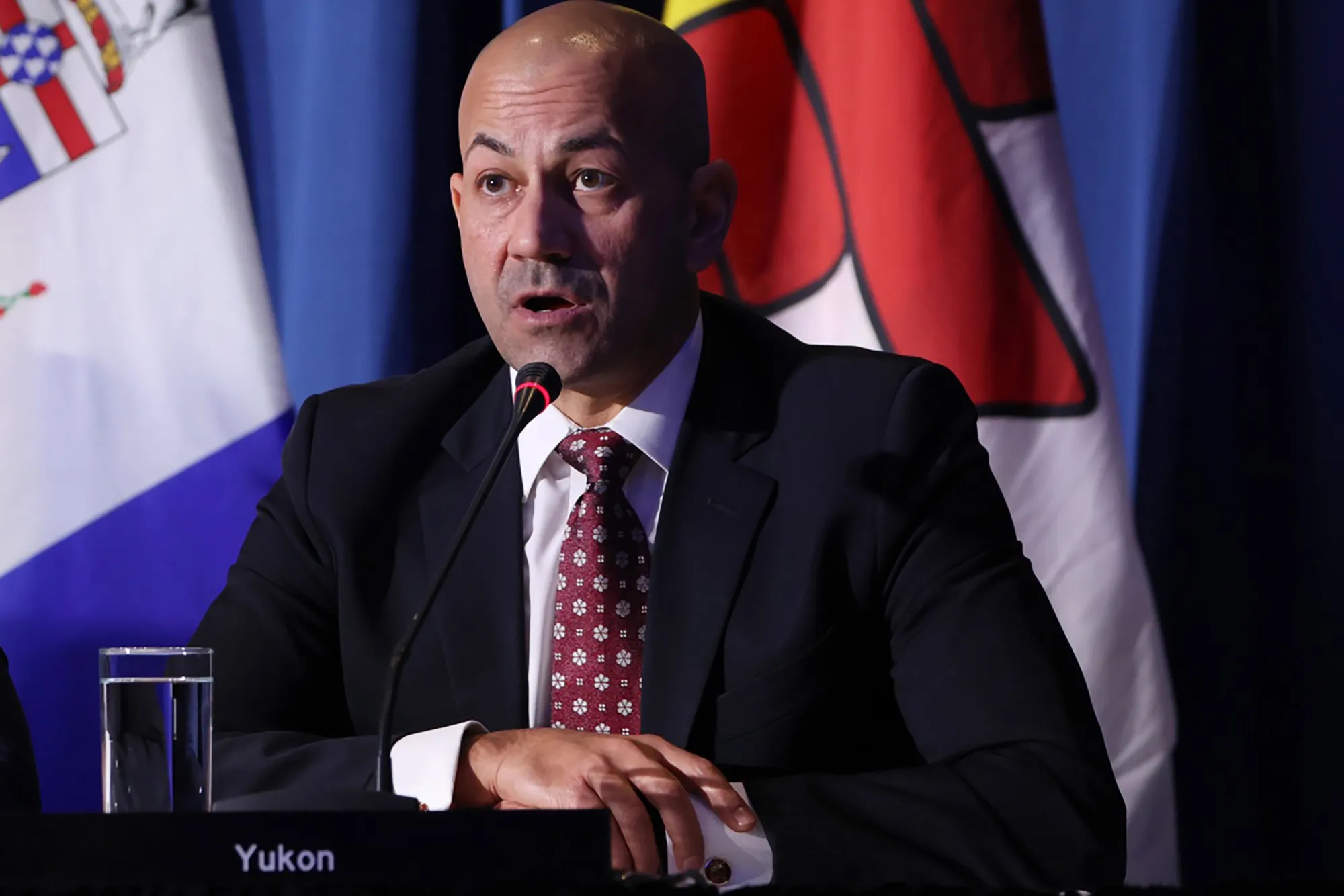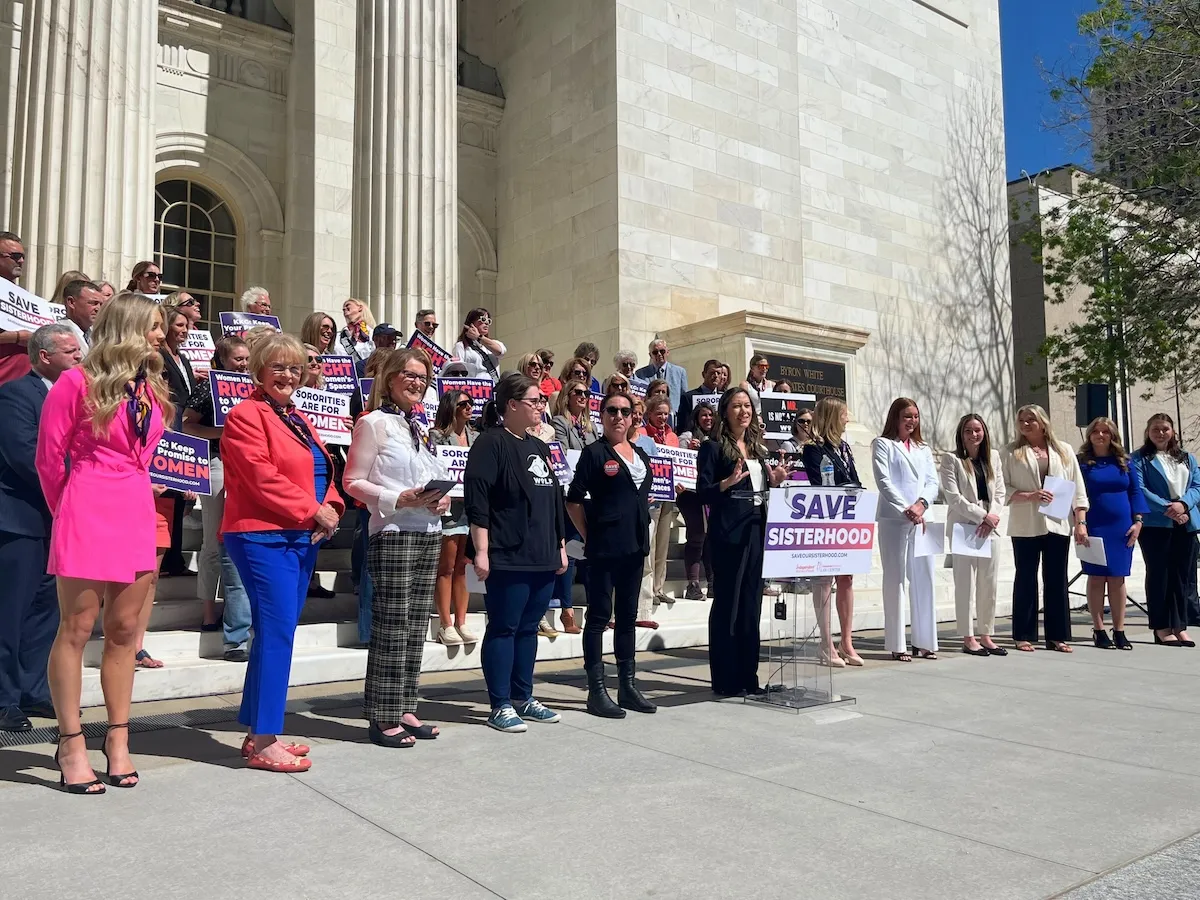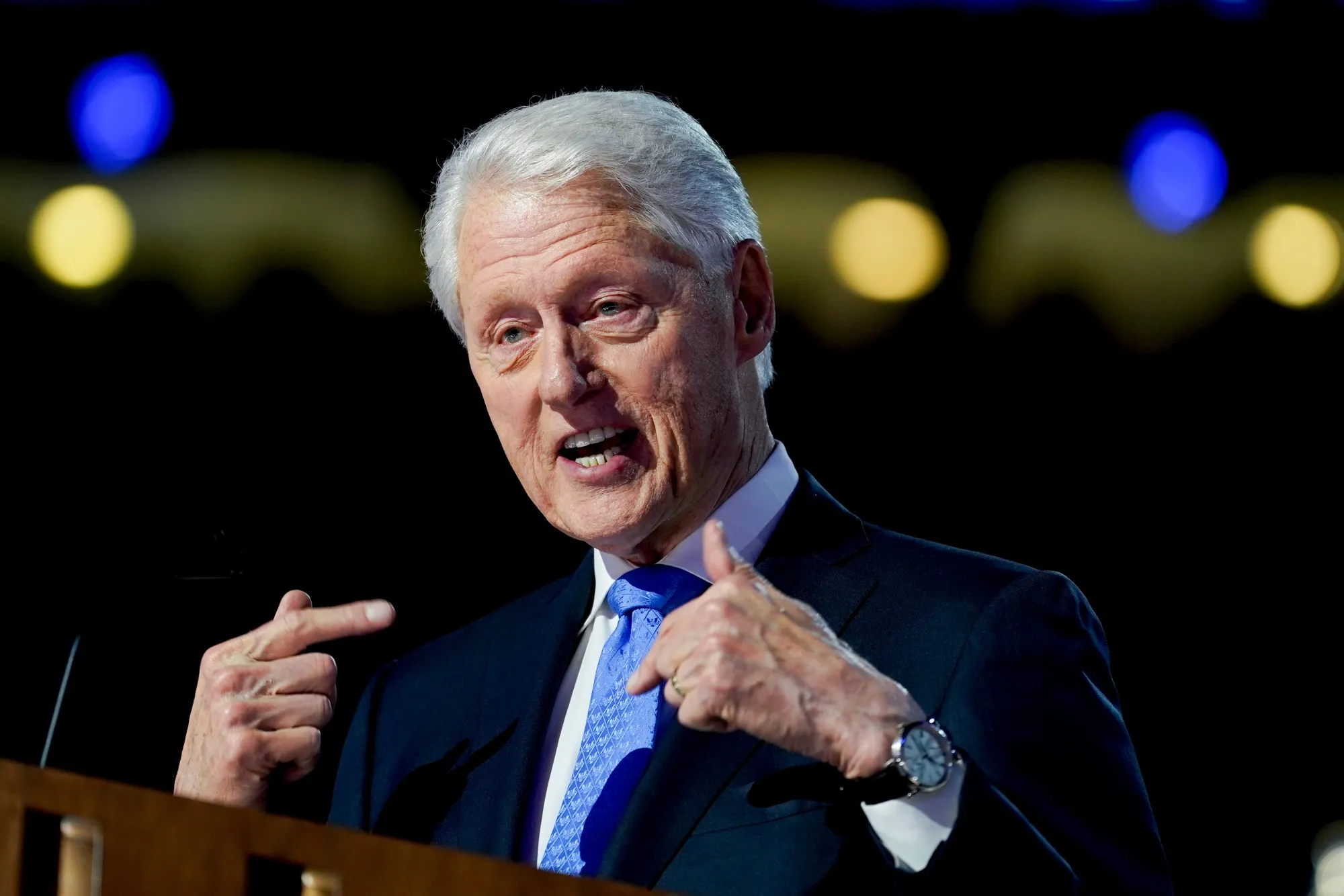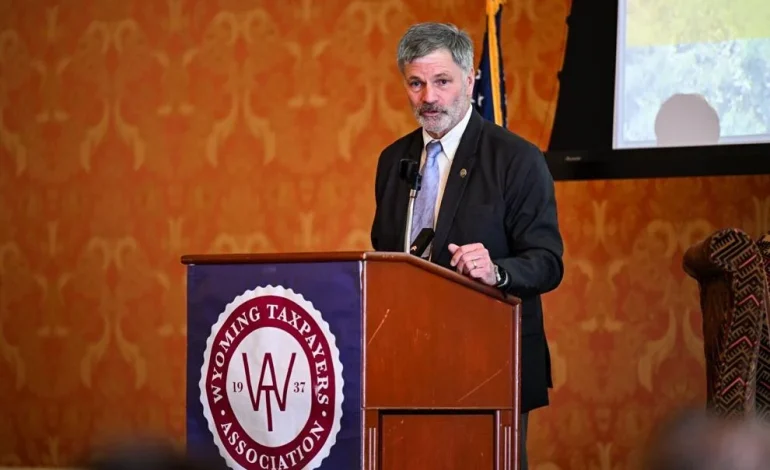With nearly two-thirds of Wyoming’s state lawmakers set to have served two terms or less by the 2025 legislative session, Governor Mark Gordon anticipates a steep learning curve for the incoming members, Wyoming News Now reports.
Speaking at the Wyoming Taxpayers Association’s annual meeting, Gordon emphasized the challenges and responsibilities awaiting new legislators, especially as they navigate complex budget issues and contend with an evolving legislative landscape.
“There’s a lot of learning to be done, and there’s a lot of attitude that will come in with that,” said Gordon.
He expressed confidence in the new legislators’ intentions, noting that many are motivated by a commitment to Wyoming’s future.
“We want to make this state better for our kids, for our neighbors, for our parents, for our veterans,” the Governor stated.
In the 2025 session, lawmakers will address the supplemental budget, a critical aspect of Wyoming’s biennium budgeting process. This budget serves to meet “unanticipated and emergency needs,” Gordon explained, underscoring that upcoming hot-topic issues include property tax relief, wildfire recovery funding, and school funding. He stressed the need for flexibility and foresight, noting that some budget items will “require attention and a willingness” to provide support.
The recent Republican primary saw several long-term legislators lose their seats, resulting in what some describe as a significant “loss of institutional knowledge.” In a statement to the Wyoming Tribune Eagle, Gordon expressed mixed feelings of “concern” and “expectation” for the newcomers, acknowledging that their influence will ultimately depend on how effectively they work together to address Wyoming’s unique challenges.
Among these challenges is a substantial depletion of Wyoming’s wildfire funds. This year alone, wildfires burned around 887,000 acres across the state, exhausting the Emergency Fire Suppression Account and several other funding reserves. Governor Gordon explained that roughly $53 million was spent on firefighting efforts, significantly straining resources for the coming year.
“We burned through what we have stashed away, plus the allocation that we have this year, plus all of the governor’s emergency funds,” Gordon said.
He highlighted the particular vulnerability of private lands, which are ineligible for federal grants, noting that only federal loans are available to assist affected communities. Gordon called for immediate efforts to aid impacted areas, suggesting restoration projects and protection of local watersheds over direct monetary support.
The loss of experienced legislators, along with the impending retirement of Chief Investment Officer Patrick Fleming from the State Treasurer’s Office, has raised concerns about Wyoming’s fiscal management. Senator Tara Nethercott, R-Cheyenne, expressed unease about the loss of what she called “institutional knowledge” essential for navigating state finances. In the last decade, Wyoming’s state investments have grown to $30 billion under Fleming’s leadership, and Nethercott emphasized the need for responsible financial oversight as new lawmakers take the helm.
Former Representative Tom Walters, R-Casper, echoed Nethercott’s concerns, particularly regarding Wyoming’s Legislative Stabilization Reserve Account (LSRA), often referred to as the “rainy-day fund.” Walters explained that some portions of the LSRA lack constitutional protections, leaving the funds vulnerable to unexpected expenditures. He cautioned that new lawmakers may underestimate the importance of conservative spending.
“We need to time out and make sure we aren’t overspending based on other obligations that don’t show,” Walters stated.
Governor Gordon and veteran lawmakers remain hopeful that new members will quickly adapt to Wyoming’s budgetary structure, historical spending policies, and environmental priorities.









